World 1901-present
Some of the most profound and influential changes in world history take place from 1901 to today and covered here are many of the important and well known ones as well as some of the smaller stories. In terms of reach this section covers huge themes on diplomacy, post imperialism and economics. The articles cover the time period right up into recent events such as the State of the Union address by the US President Barrack Obama.
Sort by:
Date (Newest first) | Title A-Z
Show:
All |
Articles |
Podcasts |
Multipage Articles
-
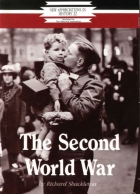
The Second World War
ArticleClick to view -

Cunning Plan 143: enquiries about the British empire
ArticleClick to view -
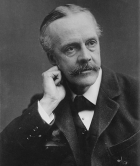
Polychronicon 143: the Balfour Declaration
ArticleClick to view -

A comparative revolution?
ArticleClick to view -
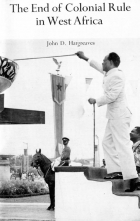
The End of Colonial Rule in West Africa
ArticleClick to view -
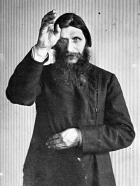
Alexandra and Rasputin
ArticleClick to view -
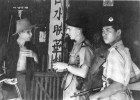
Imperialism resurgent: European attempts to 'recolonise' South East Asia after 1945
ArticleClick to view -

Polychronicon 140: Why did the Cold War End?
ArticleClick to view -
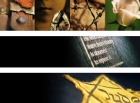
Being historically rigorous with creativity
ArticleClick to view -
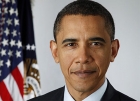
President Barack Obama and the State of the Union Address
ArticleClick to view -
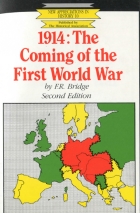
1914: The Coming of the First World War
ArticleClick to view -
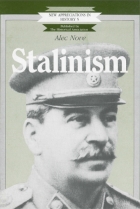
Stalinism
ArticleClick to view -
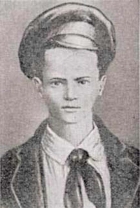
Polychronicon 139: Civic denouncer: The lives of Pavlik Morozov
ArticleClick to view -
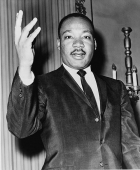
Polychronicon 138: The Civil Rights Movement
ArticleClick to view -

World War 2 Website
ArticleClick to view -
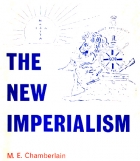
The New Imperialism
ArticleClick to view -
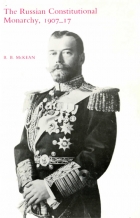
The Russian Constitutional Monarchy, 1907-17
ArticleClick to view -
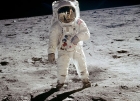
Polychronicon 137: Bringing space travel down to Earth
ArticleClick to view -
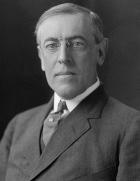
The League of Nations
ArticleClick to view -
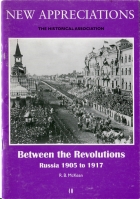
Between the Revolutions: Russia 1905 to 1917
ArticleClick to view

